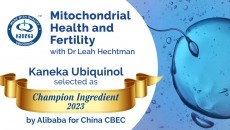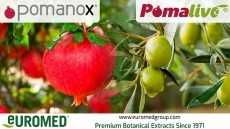AHPA issues botanicals guidelines
AHPA formalised the guidelines at a board meeting earlier this month. “These measures were developed at the committee level and represent the community’s commitment to self-regulation and the association’s dedication to providing industry with tools to meet current good manufacturing practices (GMPs) and conduct responsible commerce in herbal products,” said AHPA President Michael McGuffin.
AHPA’s members are expected to follow its guidelines and recommendations, and their influence is felt throughout the industry.
Extracts
AHPA’s trade recommendations found that“dehydrated plant materials” should not be called extracts if they have not been subjected to “additional processing other than size reduction (i.e. cutting, milling).”
“An herbal ‘extract’ is a substance that results from some processing of a raw agricultural commodity, often by using a solvent such as ethanol or water,” AHPA stated.
A herbal extract could be subjected to processes such as maceration, distillation or steeping, AHPA said.
Heavy metals
AHPA said it followed “interim guidance specifications under current GMPs for quantitative limits of certain heavy metals that may be present in herbal supplements.”
The limits established were:
- Arsenic (10 µg/day)
- Cadmium (4.1)
- Lead (10)
- Methylmercury (2.0)
It noted that the limits were only applicable to herbal supplements consumed at a total daily amount of five grams or less. If this amount is exceeded, the dose should be established according to “current good manufacturing”.
AHPA encouraged manufacturers and marketers to specify herbal ingredients that may require other limits of the above metals or to highlight products “that require reformulation or reductions in daily serving size in order to meet these limits.”
Microorganisms
AHPA specified that for non-liquid dietary supplements containing certain microorganisms the following should apply:
- Total aerobic plate count: 107 colony forming units/gram
- Total yeasts and molds: 105 colony forming units/gram
- Total coliforms: 104 colony forming units/gram
- Salmonella : absent in 10 grams
- Escherichia coli: not detected in one gram
- Total aflatoxins (B1 + B2 + G1 + G2): 20 µg/kg (ppb)
- Aflatoxin B1: 5 µg/kg (ppb)












